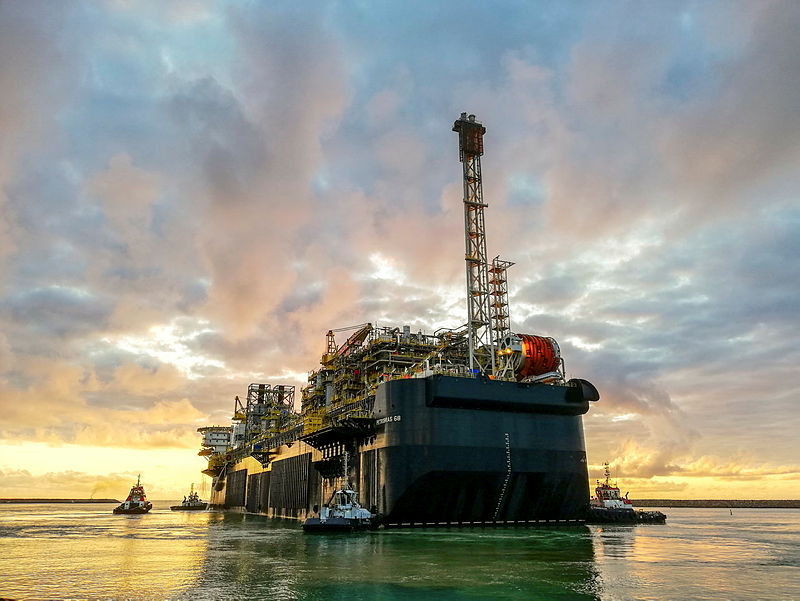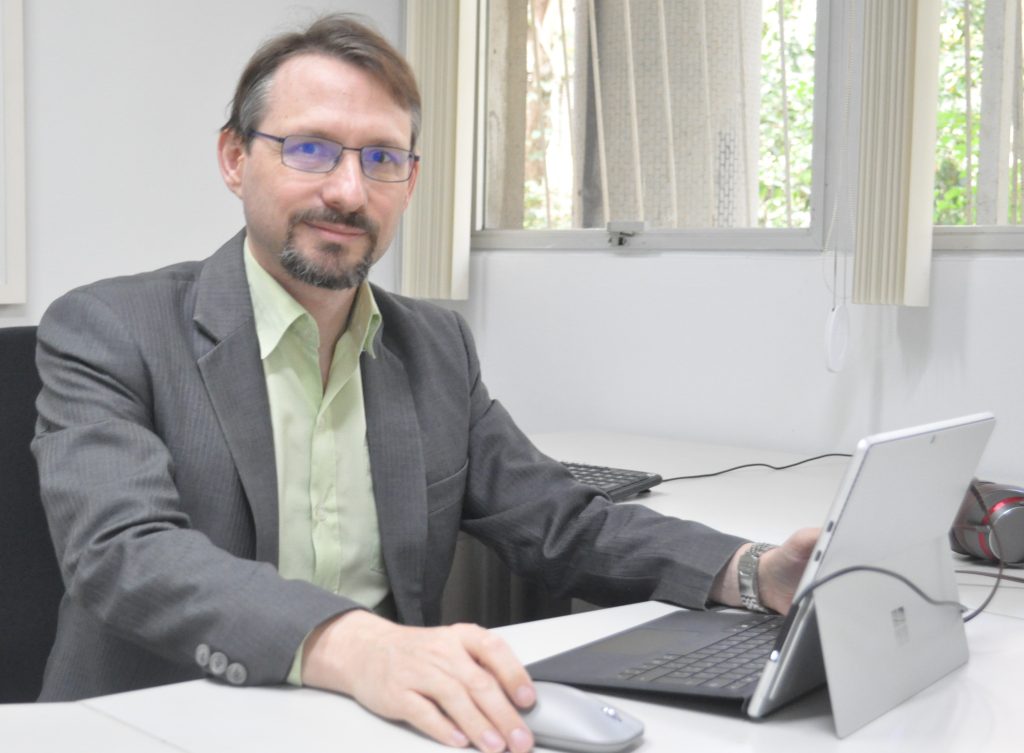Artificial Intelligence and Multicriteria Analysis: The New Frontier in Offshore Decommissioning
Planeta COPPE / Blue Economy / Industrial Engineering / Ocean Engineering / News
Date: 03/06/2025

Researchers at Coppe/UFRJ have developed a scalable, cost-efficient solution for decommissioning offshore industry structures. The methodology, created by over fifty scientists, combines Multicriteria Decision Analysis (MCDA) with Machine Learning (ML), reducing costs and accelerating decision-making by minimizing the need for expensive tools such as ROVs (Remotely Operated Vehicles).
Professors Marcelo Igor Lourenço de Souza and Jean-David Caprace, from the Ocean Engineering Program (PEnO), will present the methodology at the International Conference on Ocean, Offshore & Arctic Engineering (OMAE) 2025, in Vancouver, Canada, to be held from June 22 to 27. OMAE is the largest scientific congress in the field.
With the operational life of many offshore oil and gas facilities nearing its end, the decommissioning process involves evaluating environmental, social, technical, safety, and economic factors. The new methodology aims to optimize this complex process by considering the perspectives of multiple stakeholders, including oil companies, government agencies, environmental organizations, and local communities.
Jean-David explains that by applying machine learning algorithms to data from real-world case studies, the researchers have been able to automate and enhance the decision-making process, reducing human bias and generating more robust outcomes. The methodology assesses decommissioning alternatives based on six criteria: Technical, Environmental, Social, Health & Safety, Economic, and Waste Life Cycle Assessment.

The study demonstrated that integrating ML with MCDA improves process efficiency, helping prioritize decommissioning alternatives while reducing both time and resource demands—without compromising decision accuracy. Operational and logistical variables play a critical role in guiding outcomes.
“We’ve been working on decommissioning decision-making projects with Petrobras for nearly seven years and developed the MCDA method some time ago. We used 14 real-world cases as study samples to validate it. In the paper we’ll present at OMAE in Vancouver, we focus on case studies from the Campos and Santos offshore basins, specifically the decommissioning of flexible pipelines. In the next phase, we’ll expand to include rigid pipelines and other equipment. Our goal is to create a general-use tool,” explains Jean-David Caprace, professor at PEnO and Academic Affairs Director at Coppe.
The research was carried out by the Descom.sub group, coordinated by Professors Marcelo Igor Lourenço de Souza, Virgílio Almeida, and researcher Laurelena Palhano, with contributions from researchers at the Sustainable Production Group (Sage), the Subsea Technology Laboratory (LTS), and the Naval Engineering Process Simulation Laboratory (Labsen).
- Artificial Intelligence
- Decomissioning
- Multicriteria Decision Analysis
